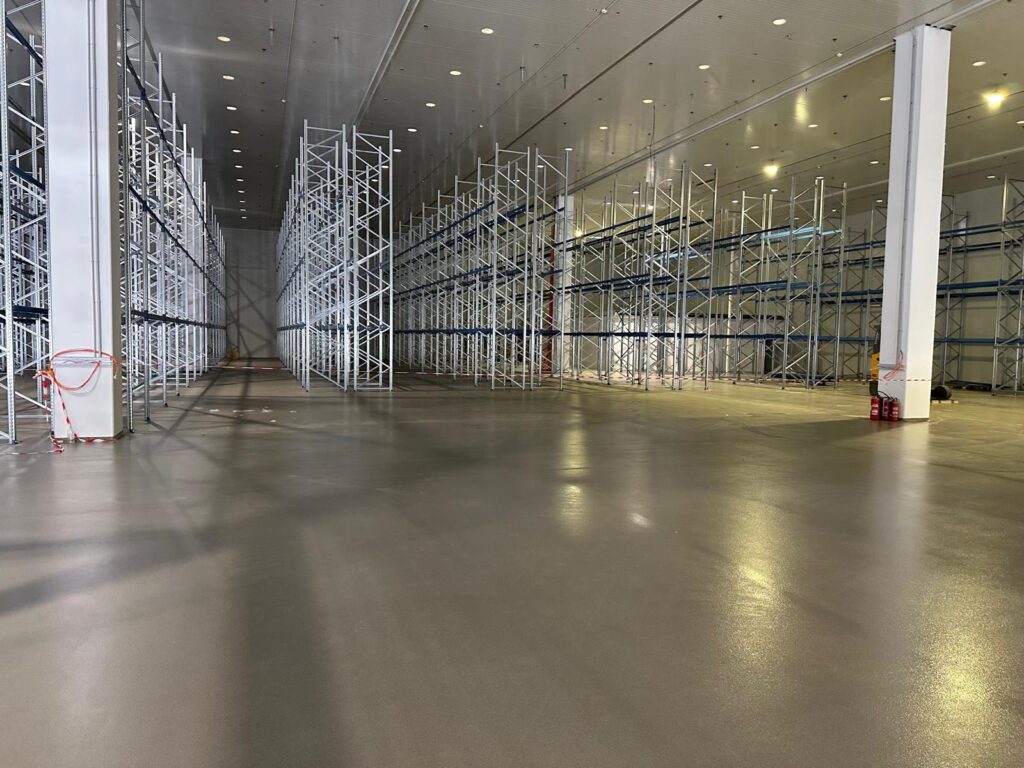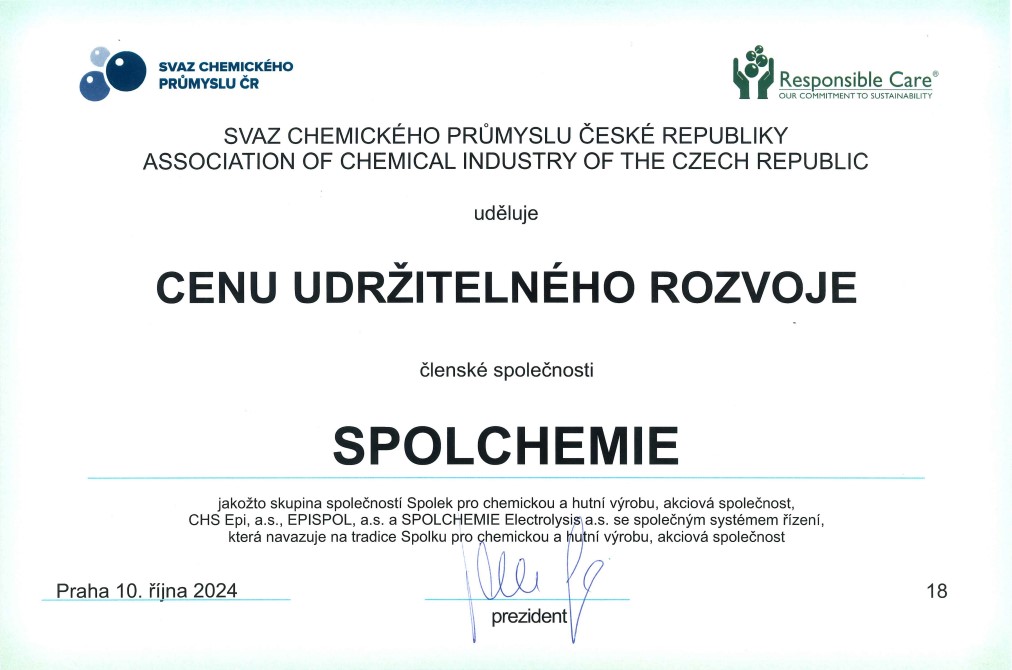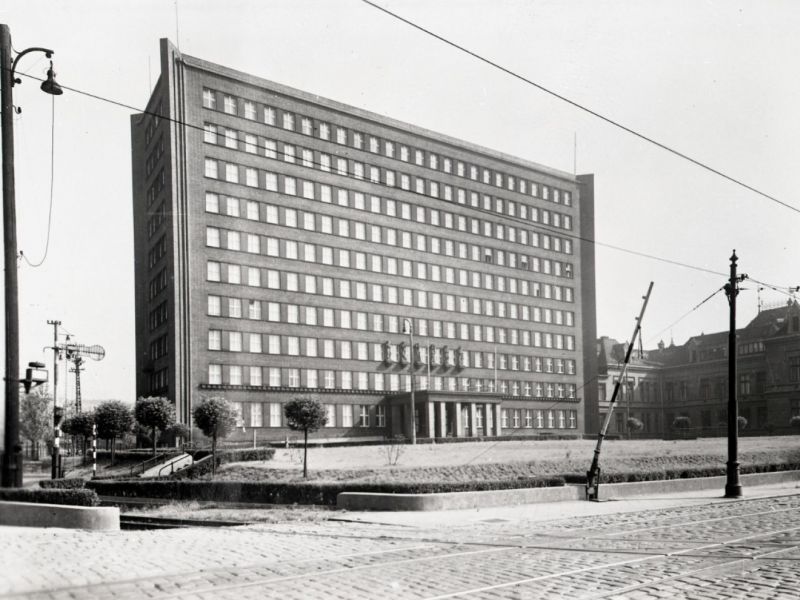84%
of our products
is expported
150 experts
in research
and development
169th
anniversary of the
company's founding
EnviPOXY®
Epoxy resin
from renewable sources
SPOLCHEMIE
is a Czech chemical company with a tradition dating back to 1856. Today, we are among the leading European producers of synthetic resins. Our core product range includes epoxy and alkyd resins, hydroxides and chlorine derivatives, hardeners, and solvents. Our products are used in the automotive, construction, energy, electronics, pharmaceutical industries, and many other sectors.
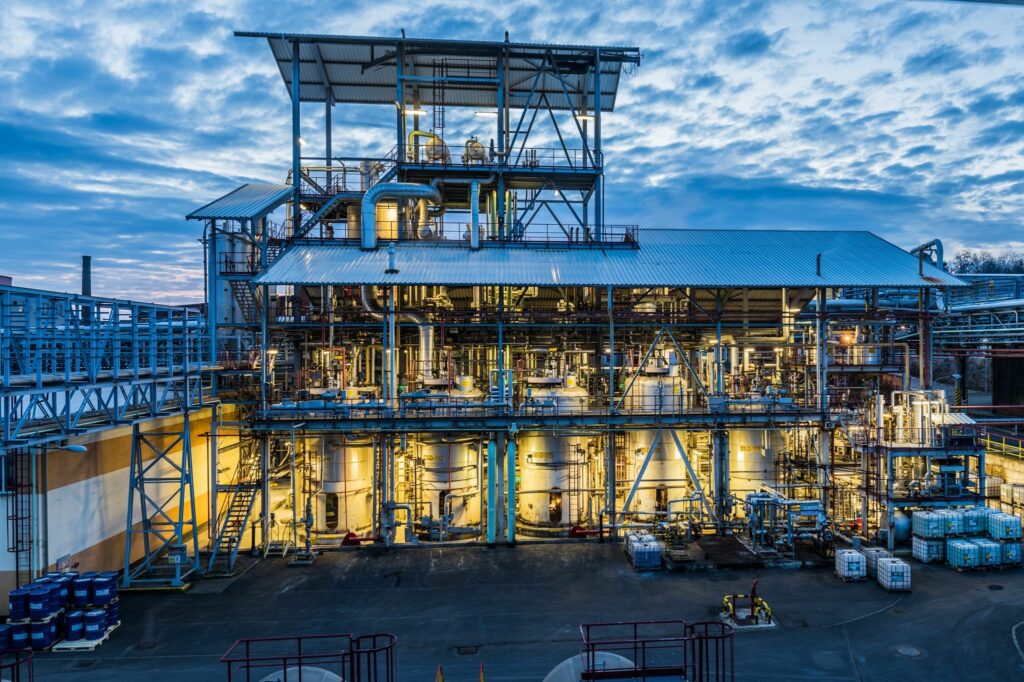
AAA top trust rating
This year, too, we received the highest level of company credibility rating (AAA) from Dun & Bradstreet, which has been engaged in financial and business health evaluations for more than 100 years.
More than 85 000 companies globally have been rated by the EcoVadis assessment that covers 21 sustainability criteria across four core topics: Environment, Labor & Human Rights, Ethics and Sustainable Procurement. More
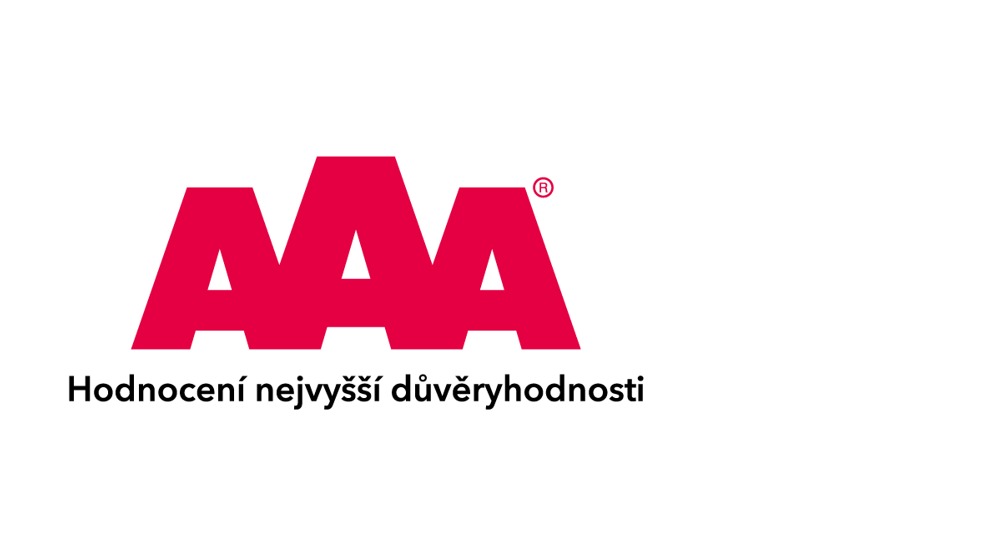
EcoVadis
In 2023, SPOLCHEMIE has been awarded a Gold Medal from EcoVadis, one of the the worlds’ most trusted providers of business sustainability ratings. We scored 76, which places us in the top 2 percent of the companies in the sector globally. SPOLCHEMIE scored at the 98th percentile and only 2% of the companies assessed in the sector scored higher.
More than 85 000 companies globally have been rated by the EcoVadis assessment that covers 21 sustainability criteria across four core topics: Environment, Labor & Human Rights, Ethics and Sustainable Procurement. More

Responsible business in chemistry
As one of the first Czech chemical companies, we committed ourselves to fulfilling the principles of the global voluntary initiative Responsible Care – Responsible Business in Chemistry in 1994.

THE FUTURE THROUGH INNOVATION,
INNOVATION THROUGH EXPERIENCE

